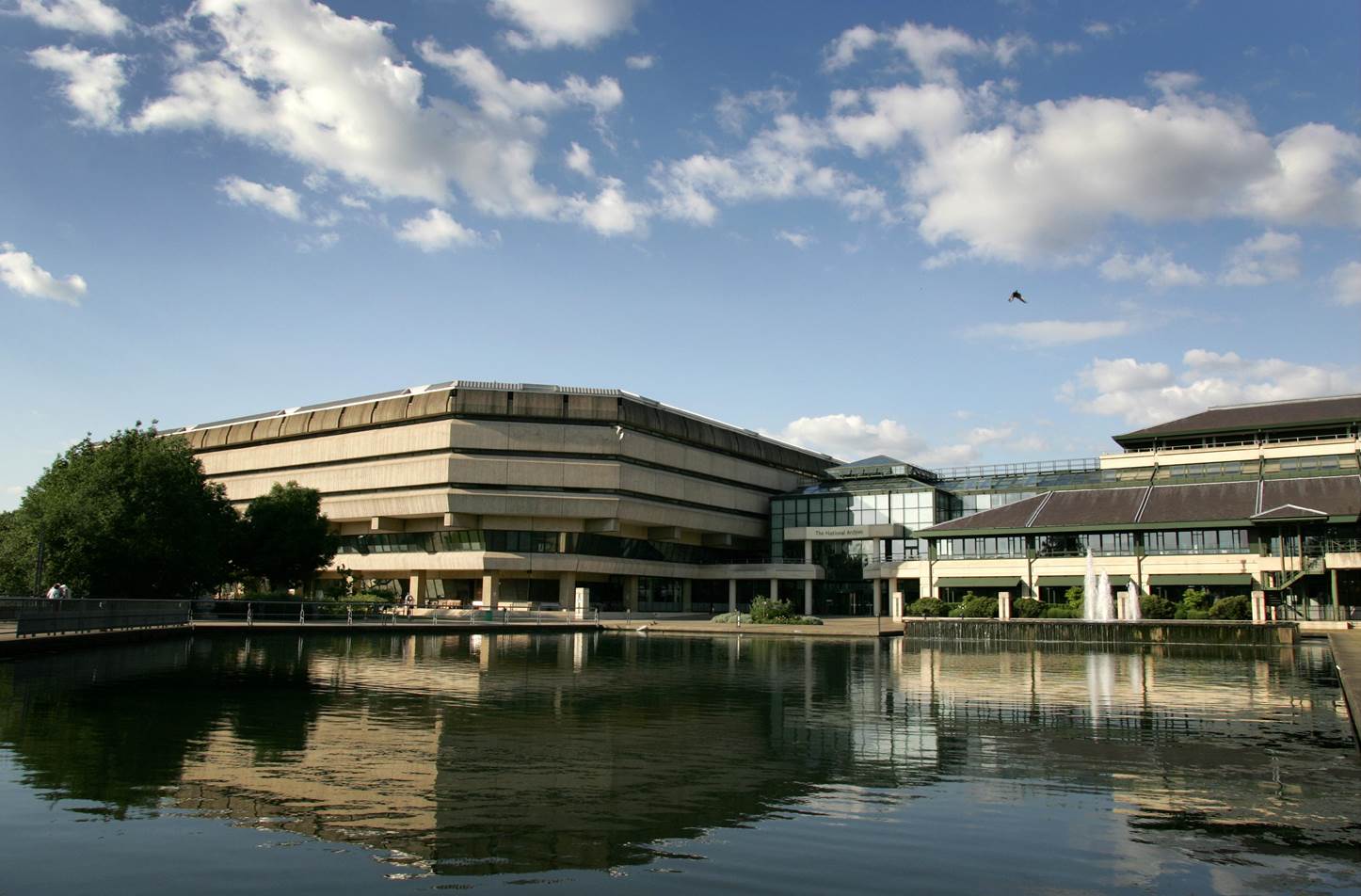Whitehall places only fourth, behind Canada, New Zealand, and Australia
A somewhat underwhelming digital services proposition was among the reasons why the UK civil service has been ranked as only the world’s fourth most effective, placing behind the Commonwealth nations of Canada, New Zealand and Australia.
The International Civil Service Effectiveness Index (InCiSE) draws together a series of data and performance indicators for a host of government administrative functions for the first time to provide an overall measure of performance. The project, undertaken by the Blavatnik School of Government and the Institute for Government, looks at areas including tax administration, inclusiveness, capability, openness, integrity, risk management, fiscal and financial management, digital service and policymaking.
According to the analysis, which looked at 31 countries across Europe, North America, South America, Asia and Australasia, the UK civil service is the world’s most effective at policymaking. This is based on an assessment of the quality of policy advice, the role of civil servants in setting strategic policy direction, policy proposal coordination across government, and how policy monitoring is done.
Related content
- Civil servants studying in their own time to catch up on digital skills
- Government transformation strategy misses the opportunity to transform the wider public sector
- Digital Transformation in Government: Key takeaways from organisations that have transformed
The UK civil service also ranks as the world’s most effective in social security administration, and openness – based on the degree and quality of consultation with wider civil society. Whitehall ranks second on the effectiveness of regulation, and fifth on the effectiveness of tax administration.
However, the UK does not make the top five in terms of effectiveness in a host of areas including fiscal and financial management, crisis and risk management, human resources, digital services, integrity, capability and inclusiveness.
In digital services, the report found that the UK is the fourth best in the world when it comes to “cross-border mobility of services”. But elsewhere its ranking is dragged down, as it “scores less well against other themes considered”. These include the extent to which services are user focused, transparency, and the extent to which wider technical advances have been made through infrastructure investment.
The report concluded Whitehall was particularly strong on the quality of policy advice theme, while government data availability and accessibility and data impact, were also strengths.
It highlighted that crisis/risk management, which is determined by monitoring country’s progress against the United Nations’ priorities for disaster risk reduction, was an area where the UK’s performance was deemed to be just above average.
Scores for the integrity (which covers themes including corruption perceptions; adherence to rules and procedures, work ethics, and fairness and impartiality) and capability (which covers assessment of key workforce capability such as problem solving, numeracy and literacy skills and the educational attainment of the workforce) were also areas where the UK could learn from leading countries, according to the review.
Professor Ngaire Woods, the dean of the Blavatnik School of Government, said an effective civil service can play a central role in driving forward a country’s progress and prosperity. “The InCiSE Index will help both governments and citizens identify how well their civil service is functioning and how it can learn to improve from the best performers,” she said.
IfG deputy director Julian McCrae said the index can help governments around the world, including in the UK, identify other countries from whom they can learn.
“Our aim is to encourage collaboration on in vital areas, such as the adoption of digital technology, and to provide a transparent account to the public of how countries are doing,” he said.
The full top ten according to the report is:
1. Canada
2. New Zealand
3. Australia
4. United Kingdom
5. Finland
6. Sweden
7. Estonia
8. Norway
9. Korea (Republic of)
10. United States of America
The report also adjusted scoring so that it reflected effectiveness accounting for the relative size of national economies. This found that, compared to its relative economic output, Estonia (the country also scores first on the tax administration), Mexico (which scores first on regulation) and South Korea (which scores above average on most variables) were the globe’s most effective governments.



